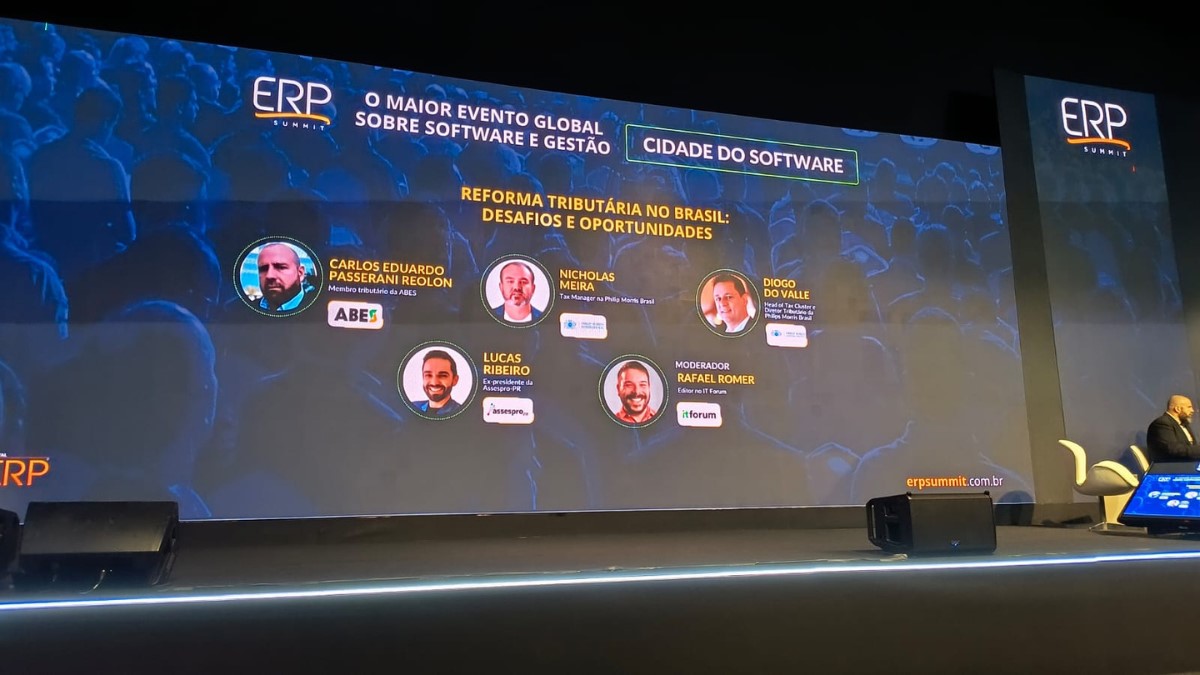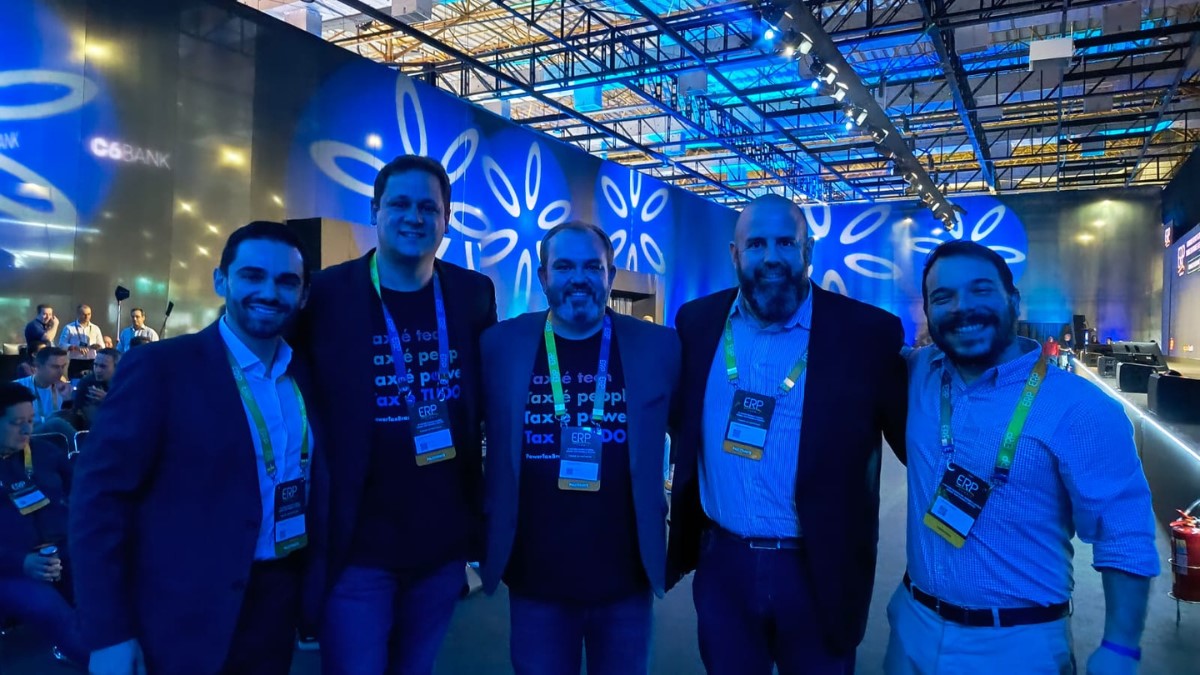The approval of tax reform is underway. But now we are faced with the real challenge: how to transform the cold letter of the law into systems, APIs, database fields and invoices?

During his participation in the ERP Summit 2025, Carlos Reolon, member of the ABES Tax Reform Working Group, accurately highlighted the obstacles faced by companies today, especially in the development of technological solutions that will support the new legislation. He participated in the panel “Tax Reform in Brazil: challenges and opportunities”, held on March 25, together with Nicholas Meira, President of the Power Tax Brazil Community and member of Sebrae PR; Diogo do Valle, Head of Tax Cluster and Tax Director of Philips Morris Brazil; and Lucas Ribeiro, former president of Assespro-PR; moderated by Rafael Romer, Editor at IT Forum.

PLP 108, which establishes the Steering Committee, is still stalled in the Senate — and this uncertainty is hindering technical progress. Despite efforts — such as the development of layouts, integration of state and municipal notes and the work of a “pre-steering committee” — without official guidelines, progress is running into a legal and operational wall.
Complementary Law 214 already provides us with clarity on how the CBS and IBS work. We know that the tax invoice will be a central part, and that new ancillary obligations will come. But until the Committee is officially established, we will remain in a gray area.
Carlos Reolon also warned: “those who will put this reform into practice are the people who operate the systems, amidst all the other demands of daily life. Therefore, in addition to the digital transformation, we are facing a cultural transformation.”
In Carlos's assessment, training, clarity and communication will be as important as technology and legislation in order to keep this gear turning until January 2026.













